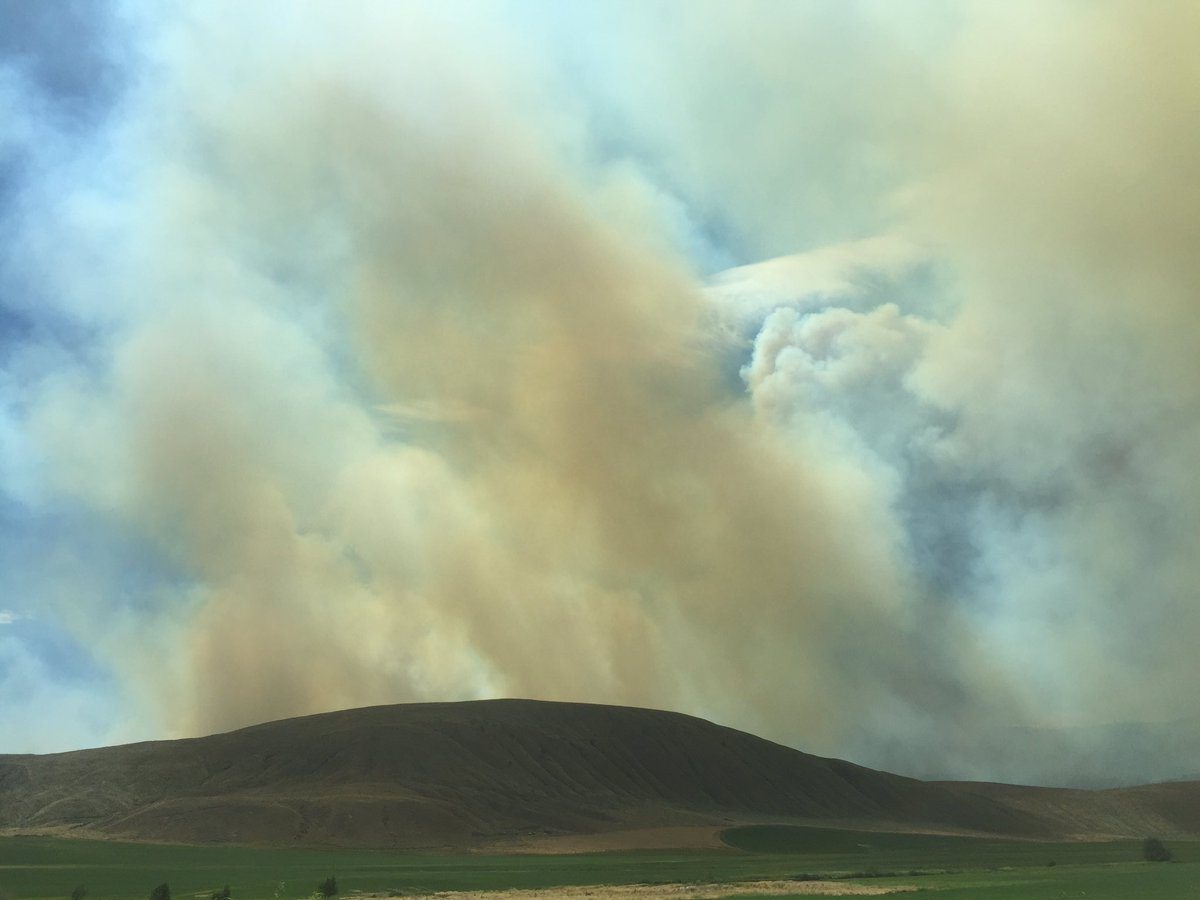Hotter temperatures and hundreds of wildfires burning in BC has become the new norm.
The impact left behind from the dry and firey season results in loss of natural vegetation that normally protects forests.
Last week a mudslide closed down a section of Highway 97 near Cache Creek, mainly due from the fires in the area last year.
“Between the combination of wildfires burning, forest thinning, and prescribed burning that was done in the area, that in fact, the area had lost some of its resilience to the heavy precipitation that predated the mudslides,” says Dr. Phil Burton, UNBC Ecosystems and Science Management Professor.
With increasing wildfires comes longer air quality advisories, Northern BC has been under an advisory for over a week now and it’s not known what kind of impact this will have on climate change.
“With a darker atmosphere you have a combination of effect, in that you have more particulate matter in the air,” added Dr. Burton. “On the one hand, you have more solar radiation is bounced back, and on the other hand that which gets through gets more accentuated or trapped.”
Although we have been seeing smoke lingering in the air, Dr. Burton says it’s nothing compared to the amount produced back during the industrial revolution.
Going forward, he says the province will need to look at prevention and ways we can prepare for more hot and dry summers.
Something going on in the Prince George area you think people should know about?
Send us a news tip by emailing [email protected].






